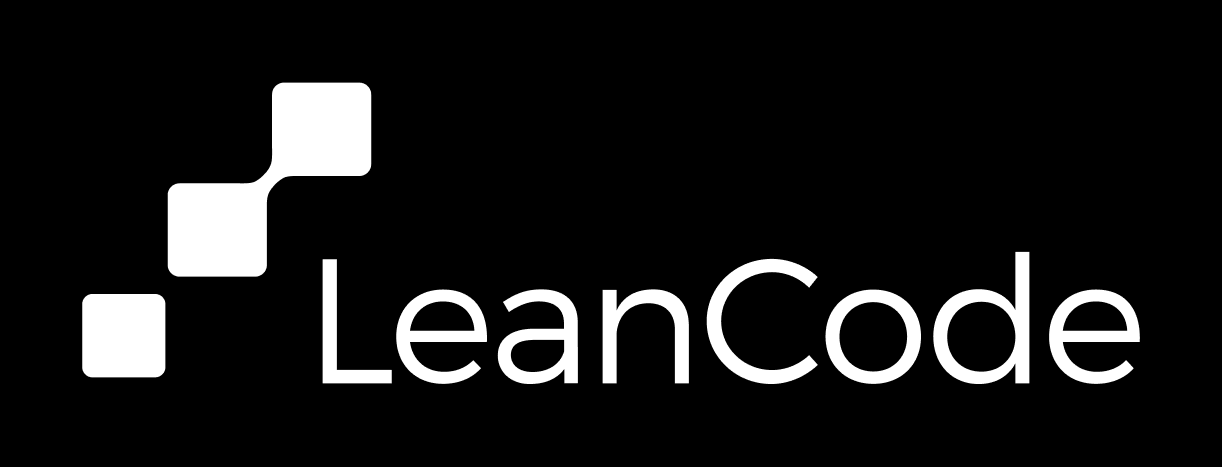lens_base 0.2.0  lens_base: ^0.2.0 copied to clipboard
lens_base: ^0.2.0 copied to clipboard
Functional lenses for Dart. Get and set values, even in nested structures.
Functional lenses for Dart #
Developing a Flutter app with BLoC? Check out the
bloc_lenspackage for a more convenient way to manage complex app states!
Rationale #
Sometimes, you want to allow other parts of your application to read and modify a certain value, but you don't want to expose the entire object or its internals.
In short, you want two operations:
- get the current value
- set a new value
This is where lenses come in. They encapsulate the value and provide a way to read and modify it, without exposing the object itself. THey are also composable, so you can easily modify e.g. a specific item in a list or an entry in a map.
Usage #
Predefined lenses #
This package provides a basic implementation of the Lens interface, called DirectLens.
It allows you to combine a getter and a setter into a single object.
final lens = DirectLens(
get: () => /* get the value */,
set: (value) => /* set the value */,
);
Then, this object can be passed around and used to read and modify the value.
Specialized lenses #
Aside from the standard Lens class, this package also offers more specializes classes,
which provide additional utility methods:
-
NumberLens– for (possibly bounded) numeric values.Configurable with optional minimum and maximum values, and an increment. Adds two methods:
incrementanddecrement.NumberLens<int> lens; lens.get(); // 42 lens.increment(); // 43 lens.decrement(5); // 38 -
BoolLens– for boolean values.Adds a
togglemethod.BoolLens lens; lens.get(); // true lens.toggle(); // false -
EnumLens– for enumerable values. Not just for actualenums, but for any type that has a finite number of values.Adds a
nextmethod, which cycles through the values.MyEnum { a, b, c } EnumLens<MyEnum> lens; lens.get(); // MyEnum.a lens.next(); // MyEnum.b -
ListLens– for lists of values.Adds methods for adding, removing, and modifying elements. It also provides a way to "look deeper" and get a lens for a specific element of the list.
ListLens<int> lens; lens.get(); // [1, 2, 3] lens.add(4); // [1, 2, 3, 4] lens.removeAt(1); // [1, 3, 4] lens[1].set(100); // [1, 100, 4] -
MapLens– for maps of values.Adds methods for adding, removing, and modifying specific entries, as well as modifying all entries at once.
MapLens<String, int> lens; lens.get(); // {'a': 1, 'b': 2} lens.updateAll((key, value) => value * 2); // {'a': 2, 'b': 4} lens['a'].set(42); // {'a': 42, 'b': 4} lens['c'].set(3); // {'a': 42, 'b': 4, 'c': 3} lens['b'].remove(); // {'a': 42, 'c': 3}
Built with ☕️ by LeanCode
